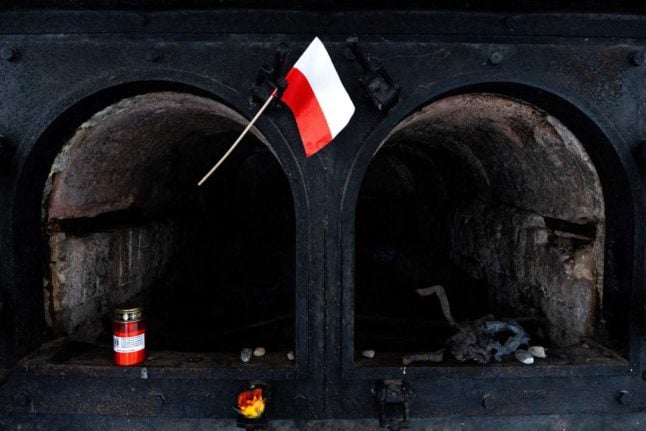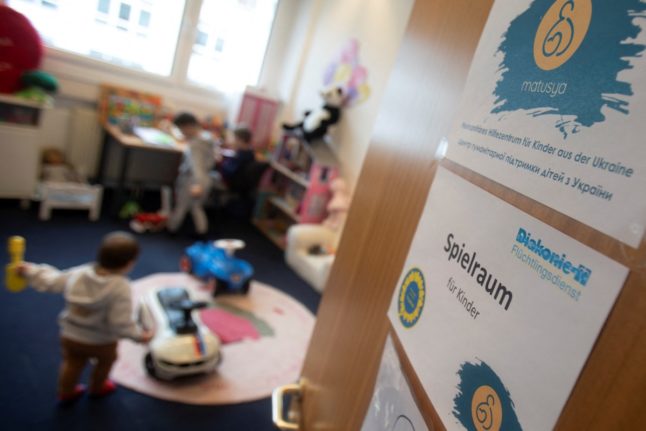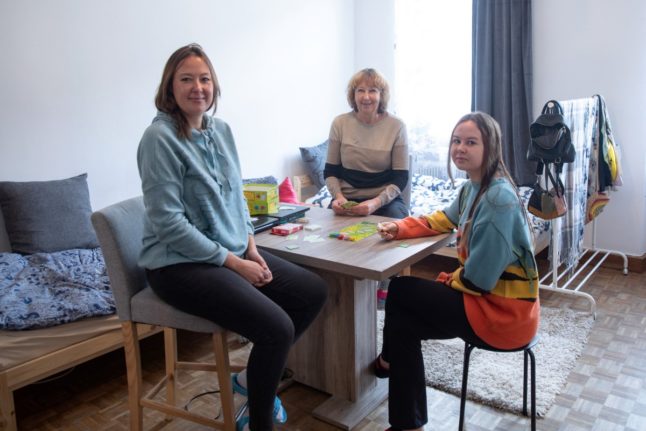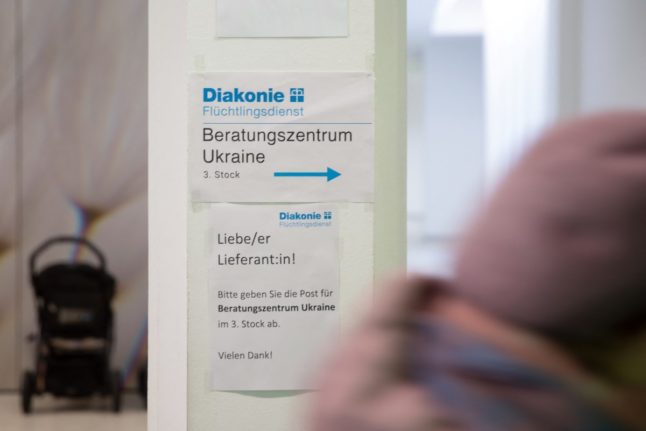Their presence at the Mauthausen camp on May 15 would be against the surviving prisoners’ wishes and their belief in peace and freedom, the president of the organising committee Willi Mernyi told local media.
‘Gas and blackmail’: How Russia reported the Austrian Chancellor’s visit
The two ambassadors were sent emails personally, a spokeswoman confirmed to AFP. Mauthausen’s Austrian, international and memorial committees have condemned Russia’s invasion of Ukraine with support from Belarus, and called for an immediate end to the war.
The camp in northern Austria was opened by the SS in 1938 for “incorrigible political enemies”.
It held prisoners of war, many of them Soviet and Polish, as well as resistance fighters, common law prisoners, homosexuals and Jews.
Detainees were forced to work in atrocious conditions. Around 200,000 people were sent to the camp and nearly half of them died.
They were gassed, executed, or perished due to hunger or disease.
Mauthausen was liberated by American troops in May 1945.





 Please whitelist us to continue reading.
Please whitelist us to continue reading.
Member comments